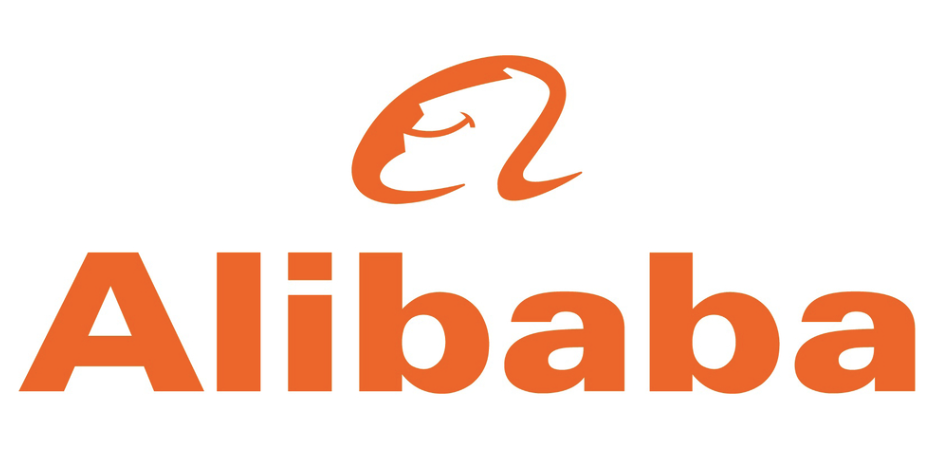This article first appeared on GuruFocus.
Alibaba (NYSE:BABA) just lit up the tape, surging over 7% in Hong Kong after a flurry of AI-driven moves repositioned the tech giant at the center of China’s machine-learning arms race. The company raised $3.2 billion in convertible bonds to bankroll what could be the country’s largest AI infrastructure investment, with fresh upgrades to its Qwen series models aiming to compete with DeepSeek and OpenAI. According to The Information, both Alibaba and Baidu have begun swapping out Nvidia GPUs for in-house chips in AI traininga move that, if scaled, could help ease the weight of foreign hardware dependency. Baidu’s stock rallied nearly 13% in parallel, touching its highest level since October 2024.
For Alibaba, this is more than just an upgrade cycleit’s a full-blown narrative reset. After years of regulatory drag and platform stagnation, Jack Ma’s old empire has gone all-in on artificial general intelligence, joining the likes of Oracle and others who see AI spend as a secular driver. Some investors, like Pegasus Fund Managers’ Paul Pong, now view Alibaba’s homegrown chip strategy as a legitimate upside lever. But monetization is still a work in progress. Bloomberg Intelligence notes that despite all the fanfare, Alibaba’s cloud division only eked out an $86 million adjusted EBITA gain in the 12 months ending June 2025, with thin margins and heavy capex still clouding the payoff window.
And then there’s the other battlefield: e-commerce. On that front, Alibaba just pledged another 1 billion yuan ($140 million) in consumer subsidies to juice traffic for its local services platform, heating up its rivalry with JD.com and Meituan. That spend could drive near-term user growthbut at a cost. Analysts remain divided. Some see a disciplined land-grab in a hypercompetitive market; others warn of margin pressure just as AI capex ramps. For now, the stock is ripping on hope, not yet on earnings.

